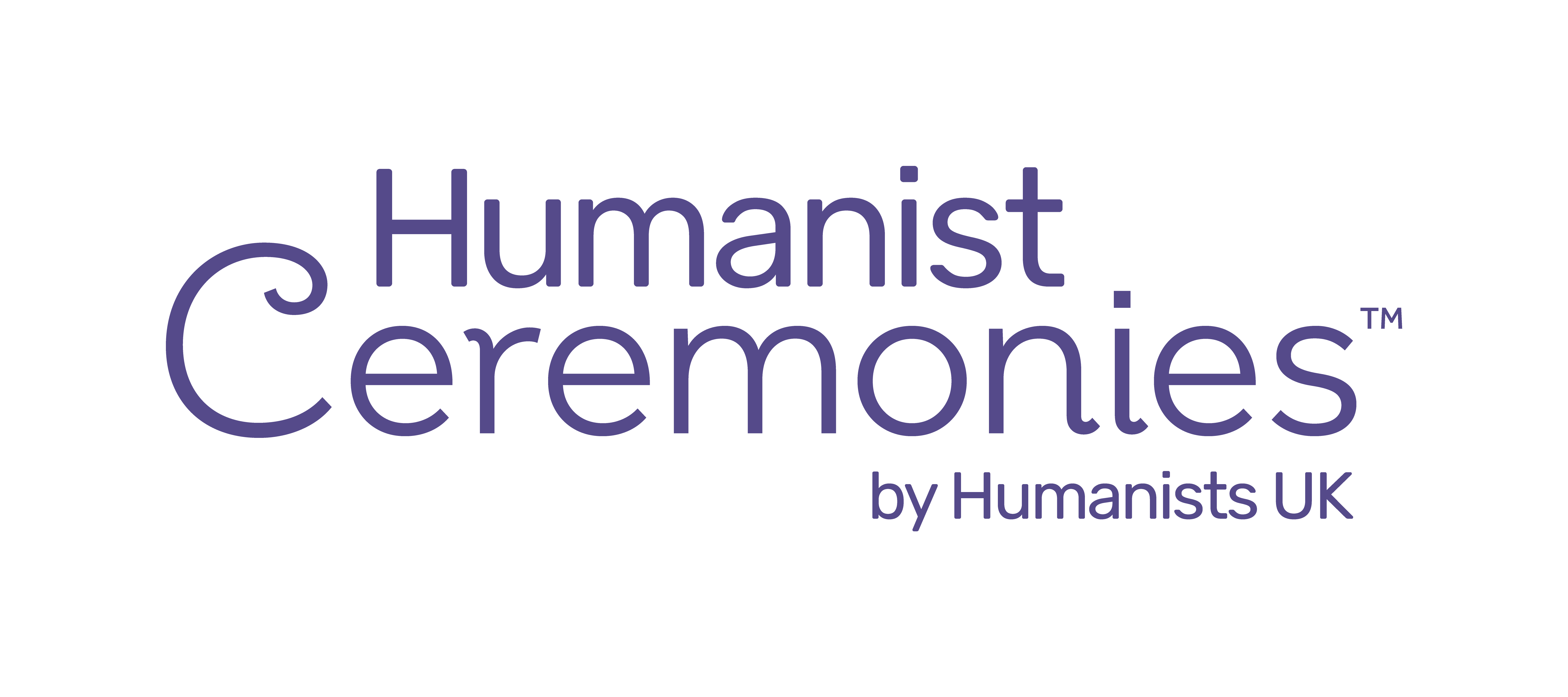Why ceremonies matter

Julian Dickens
For thousands of years, humans have held ceremonies to mark births, marriages and deaths – the most important moments in our lives. These are the times we come together with friends and family to share our joys and sorrows, and together bear witness – to an arrival, a commitment of love, or a final farewell. They are all events, and they matter. A date is set; people are called together; words are spoken; emotions run high, openly; we share our laughter, and our tears. And they have a purpose – by doing all this we bind ourselves, one to another; and so together we weave the fabric of all our lives.
Ceremonies don’t happen very often, either. So it is all the more important that when they do happen, they are done well – that they are personal, inclusive, and honest; that they let us tell our stories the way we want them to be told; that they do the right thing, the way we want it to be done. And this is the goal of every Humanist ceremony.
In contrast to established religions – which have their own, quite rigid, ceremonial forms – Humanism empowers people to have the ceremonies that they want, done how they want. Humanism is a non-religious way of navigating the world, recognising that since we only have one life, we should take control of our own destiny, grounding our actions in logic and reason, and showing tolerance, kindness and respect to all. So any Humanist ceremony should, above all, reflect the wishes of the people involved; and as a celebrant trained and accredited by Humanists UK, I will work with you to create and conduct exactly the ceremony you want.
To add to your peace of mind, I’m proud to have been trained, and to be accredited by, Humanists UK, the UK’s leading network of non-religious celebrants. All Humanist UK celebrants are regularly peer reviewed, commit to Continuing Professional Development training, and are backed by professional indemnity insurance. If you ever felt you needed it, Humanists UK also operates a formal, regulated complaints procedure.

